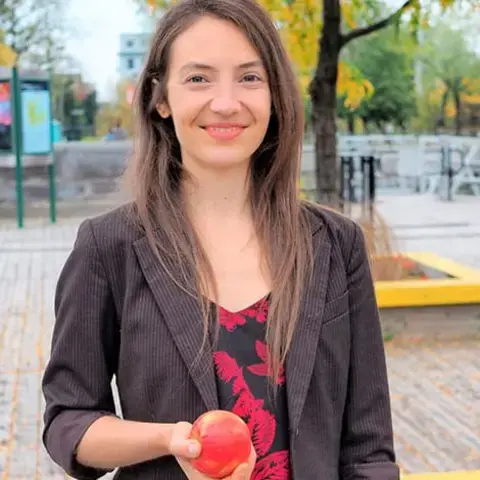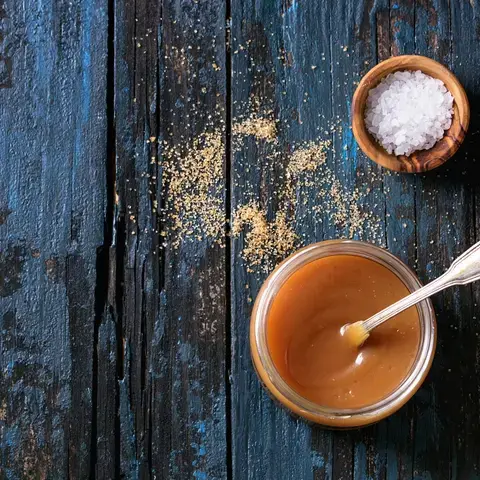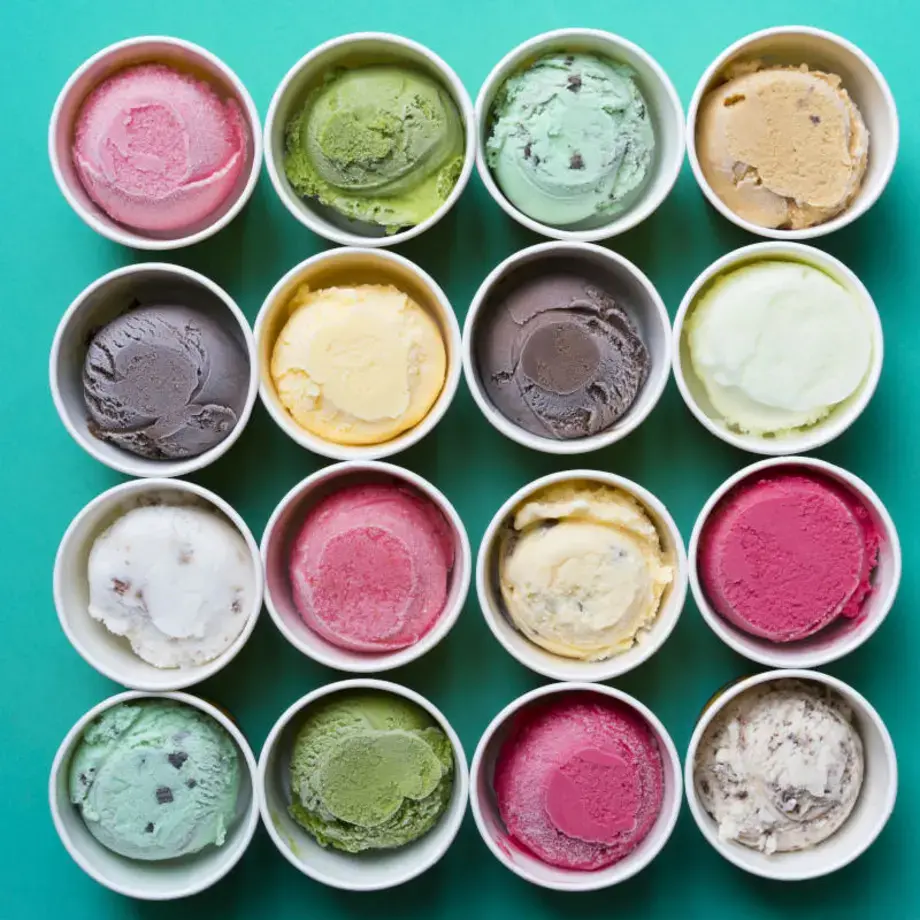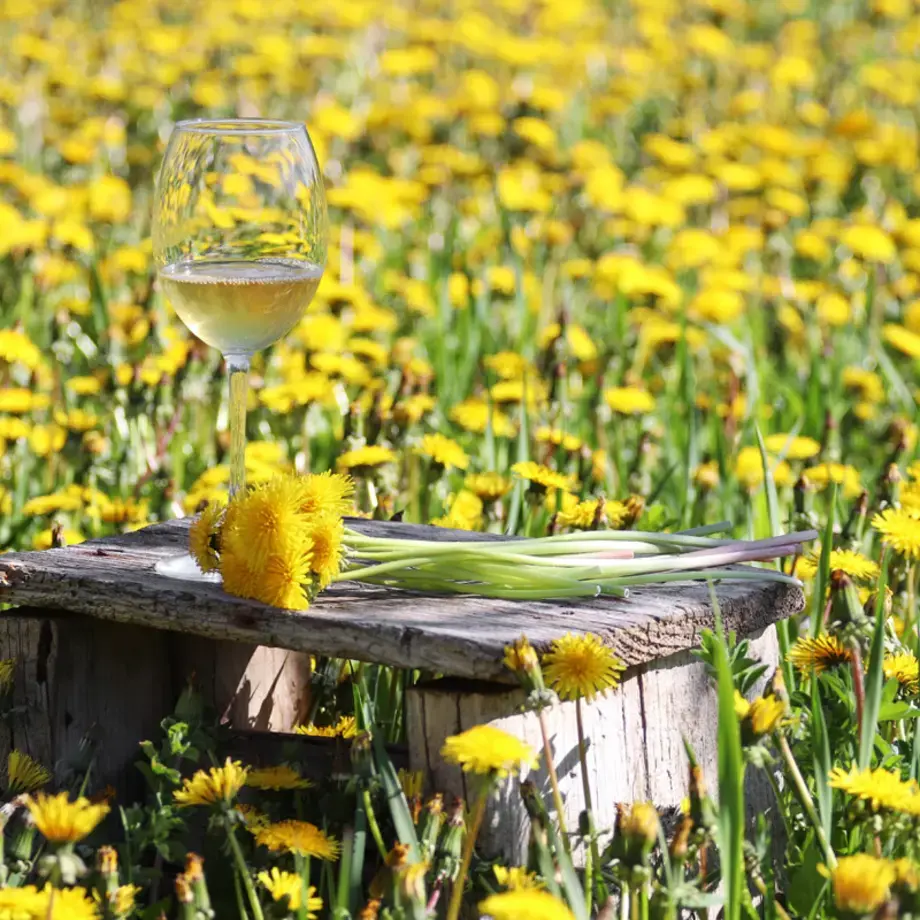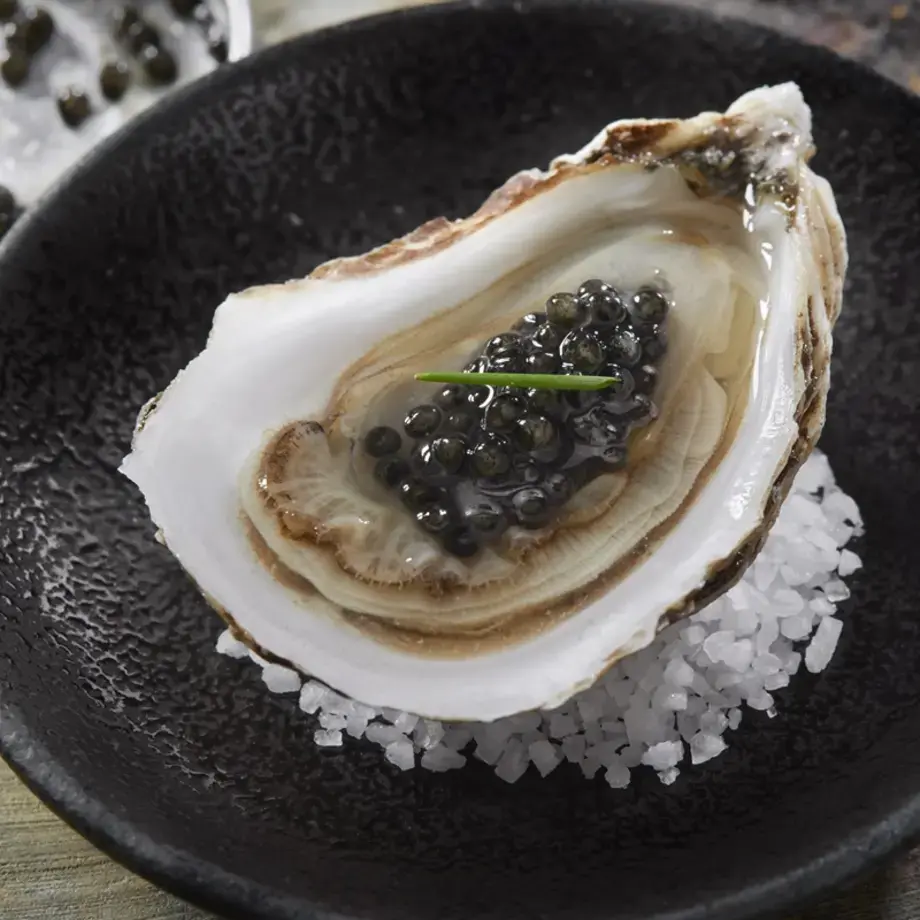Miracle fruit is a small, red berry that isn’t miraculous in itself, but eating one has miraculous repercussions. The fruit—synsepalum dulcificum—is like a wrinkle-free goji berry with a pit. Its pulp has almost no flavour. And it’s not available at your average grocery store or high-end fruit store. But when you eat a miracle fruit, everything sour that you eat for the next thirty minutes to an hour tastes sweet. Lemons taste like lemonade, vinegar like syrup, and tomato sauce like jam. It’s a miracle—well, almost.
The Science
The pulp from the berry coats the tongue with a protein called miraculin that dampens the tongue’s sweet receptors. So when you eat or drink something acidic, the food reacts with the miraculin, disfiguring the tongue’s sweet receptors and fooling them into thinking that you’re chugging sugar.
The Origin
The berry comes from West Africa, where in 1725 a French explorer discovered locals chewing it before eating sour foods including kankies (acidulated grain bread), beer and fermented palm wine. Now it’s cultivated in other places, from tropical fruit farms in Malaysia to indoor farms in Chicago. But it’s not so easy to get your hands on a miracle. The US Food and Drug Administration classified the berry as a food additive instead of a fruit in the 1970’s so the berry can’t be sold commercially in America. You can, however, easily order the berry online, as many do for “flavour tripping” parties.
Besides being a novel dinner experiment, miracle fruit is also beneficial for people with diabetes, dieters and anyone with an overactive sweet tooth. It’s easier to choose an apple over a candy bar when an apple tastes like candy. Even a starchy, long-stored apple can taste better than your grandmother’s deep-dish apple pie.
Hunting Miracle Fruit
In his bestselling book The Fruit Hunters, author Adam Leith Gollner travelled halfway around the world to learn more about the history, politics and effects of the fruit. “There is a deepness to the miraculin flavor that is hard to convey with words,” he wrote. “It’s a basso profundo sensation, like the low frequencies in a symphony.” In the book he describes chewing a miracle fruit, then eating a lemon. The sour lemon becomes “ecstatically sweet, like liquefied filaments of pure joy.”
I tried the berry myself for the first time at the Tropical Fruit Farm in Batu Ferringhi, an organic orchard an hour north of Penang, Malaysia. The orchard grows more than 200 types of tropical fruit, from local coconut and caramel-flavoured sapodillas to rambutans, papayas and pineapples. Unfortunately, most of those were out of season.
The calamansi limes and sour acerola cherries were two of the only plants in season. I scrunched my nose at the flavour of both. But after I picked a miracle fruit, I ran back to the sour acerola trees. Now they tasted like cherry pie filling. The limes tasted like lime Kool-Aid.
The orchard tour ended with a buffet of pre-cut mangoes, jackfruit, starfruit, papaya, dragonfruit, custard apple, melons, starfruit, mangoes, watermelon, kiwi, guavas, rose apples, jackfruit, longan berries and lychees. I was like a kid in a candy shop, surrounded by endless unrefined sugar. Everything tasted like it should, but just so much better. My eyes rolled back in my head as I gorged myself on honeydew melons and hairless rambutans. I still have no idea if any of it was actually ripe—since more of the orchard’s fruit were out of season, the buffet fruit wasn’t local—but it all tasted like heaven.
As the effect slowly wore off, honeydew stopped tasting as honeydew-y. The mangoes tasted watery. And papaya went back to tasting like nothing, rather than like caramelized custard mixed with dates, as it had before. Like an addict, I was already looking forward to my next flavour trip. So if you do find a miracle fruit source, stock up—it’s hard coming down from the high, knowing that food may never again taste that good.

